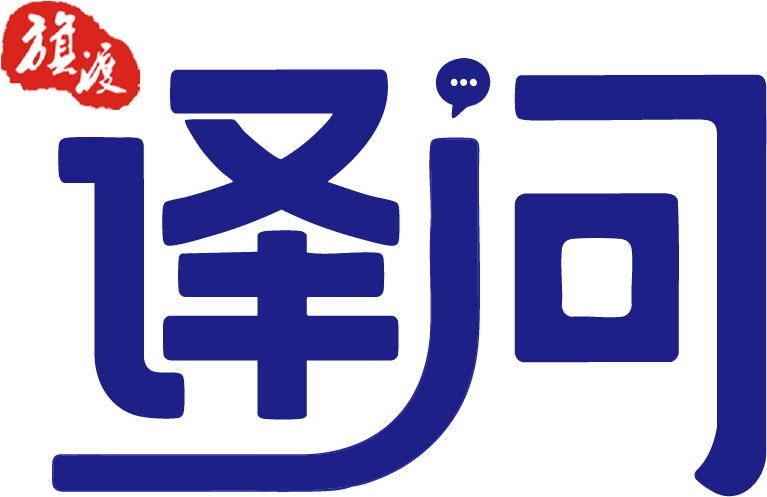1 个回答
有价证券一般可用“Negotiable securities/Valuable papers”来表示,前者较之后者更为常用。它是指具有一定价格和代表某种所有权或债权的凭证。主要包括股票和债券。比如股票是向股份公司投资入股的凭证。其英文释义如下:A negotiable instrument is a signed document that promises a sum of payment to a specified person or the assignee. In other words, it is a formalized type of IOU: A transferable, signed document that promises to pay the bearer a sum of money at a future date or on-demand. The payee, who is the person receiving the payment, must be named or otherwise indicated on the instrument. (From Investopedia)
有价证券主要指股票和债券,但股票和债券在期限上存在很大的不同。
股票的一个基本特征就是无期性,即股票是没有期限性的永久投资,投资者一经入股,一般情况下便不能从发行该股票的公司抽回股本。因此,在这个意义上讲,股票投资是一种长期性的而又无固定期限的投资,只要股份公司存在,投资者就不能要求退股。但是,投资者仍可以通过市场转让的方式收回资金。
而债券的一个基本特征是它的期限性。除永久性公司债券以外,债券一般都有明确的期限。筹资者一般在发行债券之前即已确定在某个时间以后偿还本金,并明确记载于债券票面。债券的期限根据偿还本金时间的长段可以分为三种:(1)短期债券:偿还期限在一年以下的债券。这种债券是为筹集短期资金而发行的,具有期限很短、流动性强、风险低等特征,相应的收益率也较低。如日本的短期国债,美国的短期国库券等,均属短期债券。(2)中期债券:偿还期限在一年以上五年以下的债券。这种债券期限相对较长,如中国1985年以后发行的国库券,期限为三年、四年或五年;美国财政部发行的附息票债券,期限有三年、五年的,都属于中期债券。(3)长期债券:偿还期限在五年以上的债券。这种债券是为了筹集长期资金而发行,主要用于大型工程、市政设施等长期的建设项目。长期债券期限长、流动性较差,因此其利息相对较高。另外,债券持有人也可以通过证券市场将债券出卖或转让给其它投资者,而提前收回本金。
以下为相关示例:
Party A is willing to strictly abide by the laws and regulations of the People’s Republic of China against commercial bribery, and shall not ask, accept, provide or give any benefits other than those agreed herein to Party B or its handlers or other relevant personnel, including but not limited to kickbacks (whether express or implied), cash, shopping card, physical objects, negotiable securities, tourism or other non-material benefits.
甲方愿意严格遵守中华人民共和国反商业贿赂的法律规定,甲方不得向乙方或乙方经办人或其他相关人员索要、收受、提供、给予合同约定外的任何利益,包括但不限于明扣、暗扣、现金、购物卡、实物、有价证券、旅游或其他非物质性利益等。

